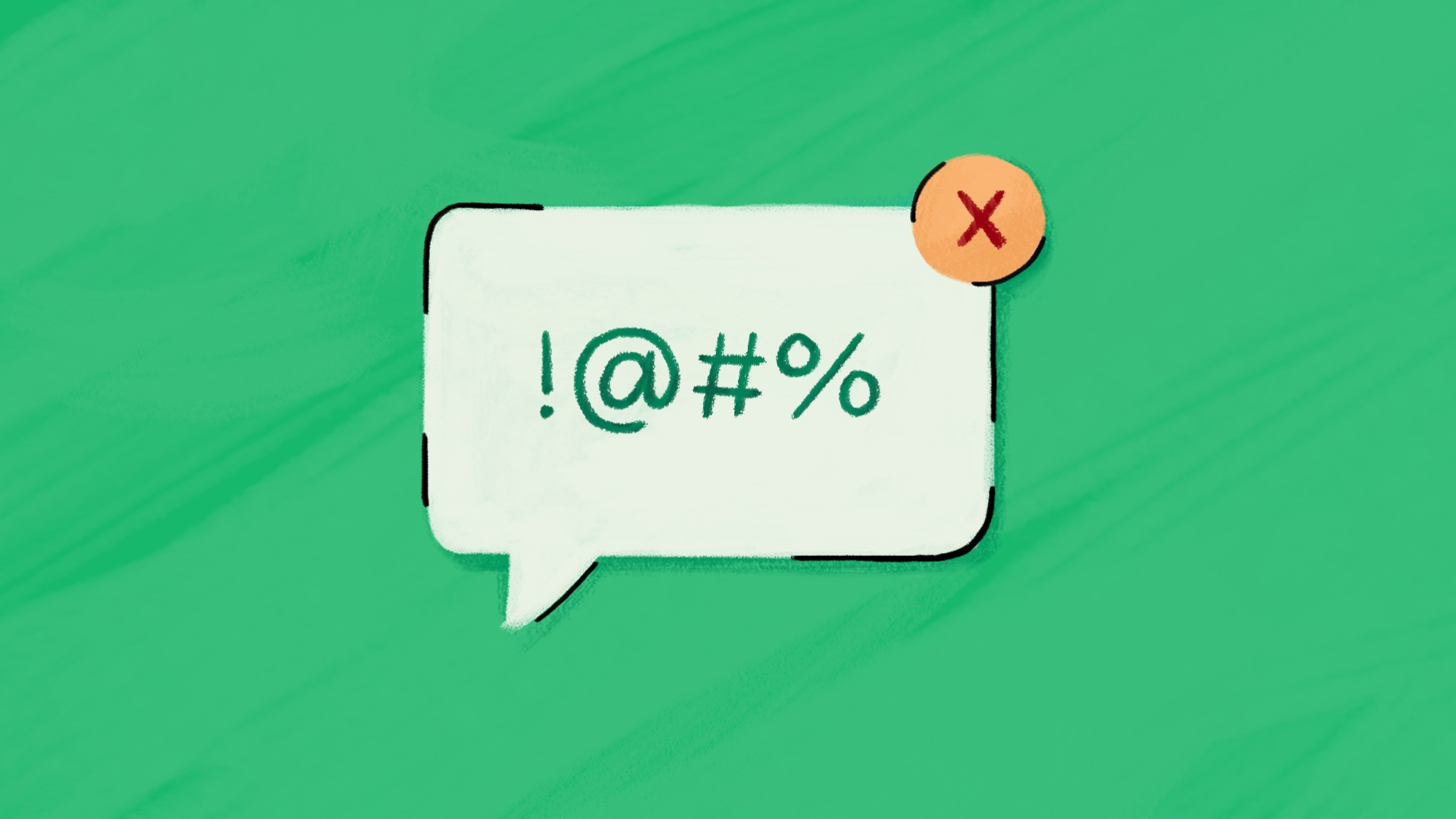- Today, we’re announcing updates to our bullying and harassment policies to better protect people on our apps.
- We’re introducing a policy to help protect people from mass harassment and intimidation.
- We’ll now remove more harmful content that attacks public figures, as well as provide more protections for public figures who have become famous involuntarily — like human rights defenders and journalists.
It’s important that everyone on our apps feels safe to engage and connect with their communities. We do not allow bullying and harassment on our platform, but when it does happen, we act. We remove content that violates our policies and disable the accounts of people who repeatedly break our rules. We also regularly pressure test these policies with our safety experts, making changes as needed.
On National Bullying Prevention and Awareness Day in the US, we’re announcing updates to our global bullying and harassment policies to better protect members of our community, particularly those who may be vulnerable to online abuse.
Combating Coordinated Mass Harassment
We’ve launched a new policy that helps protect people from mass harassment and intimidation from multiple accounts. We will now remove coordinated efforts of mass harassment that target individuals at heightened risk of offline harm, for example victims of violent tragedies or government dissidents — even if the content on its own wouldn’t violate our policies. We will also remove objectionable content that is considered mass harassment towards any individual on personal surfaces, such as direct messages in inbox or comments on personal profiles or posts. We will require additional information or context to enforce this new policy.
In addition, we will also remove state-linked and adversarial networks of accounts, Pages and Groups that work together to harass or silence people, for example a state-sponsored organization using closed private groups to coordinate mass posting on dissident profiles.
More Protections for Public Figures
Public figures — whether they’re politicians, journalists, celebrities or creators — use Facebook and Instagram to engage directly with their followers. We’re always trying to strike the right balance between protecting them from abuse and allowing open dialogue about them on our apps. Our bullying and harassment policy differentiates between public figures and private individuals to enable freedom of expression and legitimate public discourse around those in the public eye.
Public figures shouldn’t be subjected to degrading or sexualized attacks. We currently remove attacks on public figures that encompass a wide range of harms. Based on feedback from a large number of global stakeholders, we will now also remove:
- Severe sexualizing content
- Profiles, Pages, groups or events dedicated to sexualizing the public figure
- Derogatory, sexualized photoshopped images and drawings
- Attacks through negative physical descriptions that are tagged to, mention or posted on the public figure’s account
- Degrading content depicting individuals in the process of bodily functions
In addition, we will remove unwanted sexualized commentary and repeated content which is sexually harassing. Because what is “unwanted” can be subjective, we’ll rely on additional context from the individual experiencing the abuse to take action. We made these changes because attacks like these can weaponize a public figure’s appearance, which is unnecessary and often not related to the work these public figures represent.
We also recognize that becoming a public figure isn’t always a choice, and that this fame can increase the risk of bullying and harassment — particularly if the person comes from an underrepresented community, including women, people of color or the LGBTQ community. Consistent with the commitments made in our corporate human rights policy, we’ll now offer more protections for public figures like journalists and human rights defenders who have become famous involuntarily or because of their work. These groups will now have protections from harmful content, for example content that ranks their physical looks, as other involuntary public figures do. The full list of protections for public figures, including involuntary public figures, can be found in our Community Standards.
Consulting Our Community and Global Stakeholders on These Changes
In updating our policies, we consulted a diverse set of global stakeholders including free speech advocates, human rights experts, women’s safety groups and our Women’s Safety Expert Advisors, cartoonists and satirists, female politicians and journalists, representatives of the LGBTIQ+ community, content creators and public figures. We will continue to work with experts and listen to members of our community to ensure our platforms remain safe.
Our policies complement tools we’ve built in our apps to prevent, stop and report bullying and harassment online. These tools empower people to manage unwanted or abusive interactions like blocking or unfollowing someone on Facebook and Instagram and Restrict, Hidden Words and Limits on Instagram. To learn more about this work and the resources we’ve developed with experts to reduce this type of behavior online generally, visit our Bullying Prevention Hub on our Safety Center, developed in partnership with the Yale Center for Emotional Intelligence.
To learn more about how these policy changes were developed, check out our Product Policy Forum Minutes:



